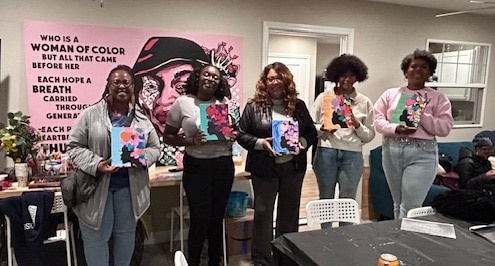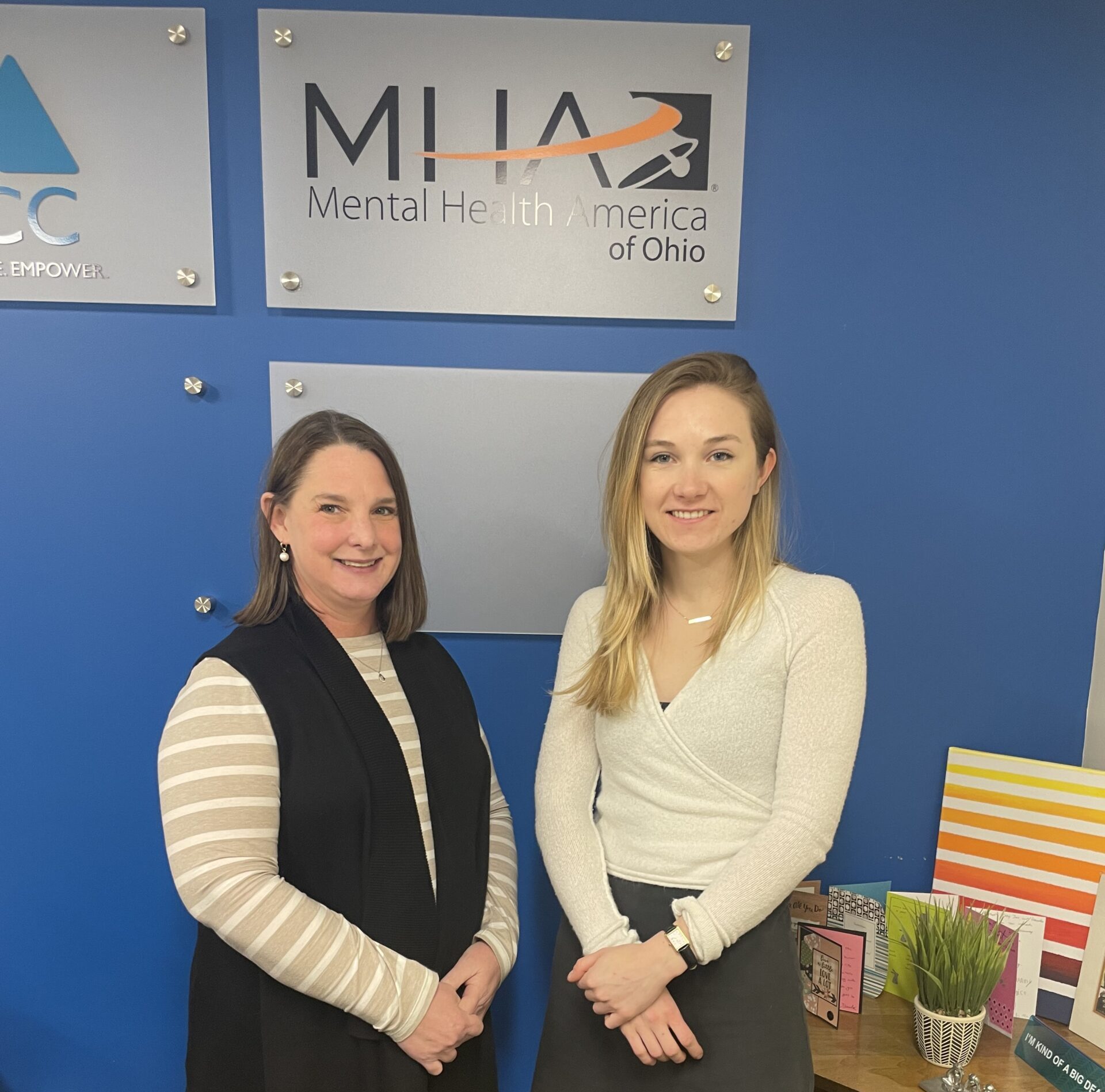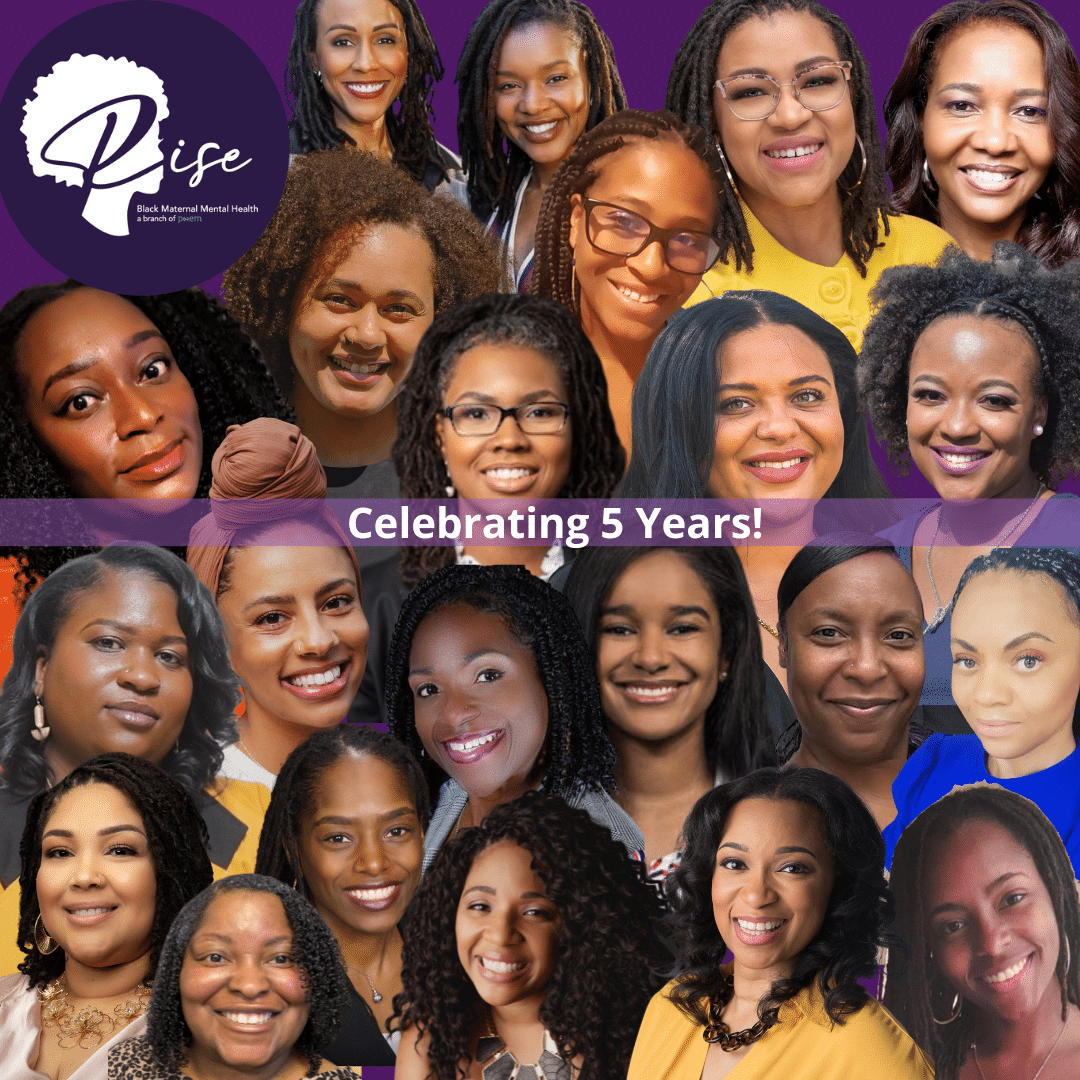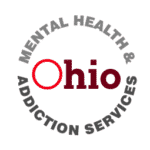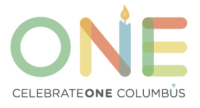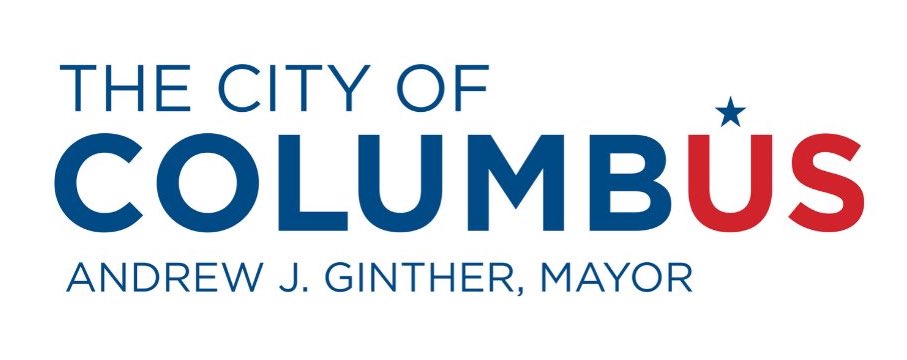“When trauma happens to one, it happens to all.”
That’s the basis of community trauma, which Marian Stuckey, founder of the Columbus CARE Coalition and Section Chief of Neighborhood Social Services with Columbus Public Health, has spent the past five years working to address in Central Ohio. During these times of tragedy — with a violent attack on the U.S. Capitol building, a global pandemic raging on, and with the continued killings of Black men and women all leading to widespread civil unrest — many are experiencing signs of trauma. Trauma may look like:
- Shock, denial, or disbelief
- Confusion or difficulty concentrating
- Anger, irritability, or mood swings
- Anxiety and fear
- Guilt, shame, or self-blame
- Withdrawing from others
- Feeling sad or hopeless
- Feeling disconnected or numb
Whether you are having a trauma response to these events or not, Stuckey explains that we must acknowledge that many are suffering. It may only seem like these events are happening in one neighborhood or at one point in time. But, there are systemic conditions, including economic, political, social, and racial issues that contribute to these outcomes. Ignoring what is happening will not make these tragedies go away.
“We can’t isolate ourselves or create walls around trauma,” Stuckey says. “One of the few things we can do for someone experiencing trauma is to make sure that they get what they need, and we must come together to do that.”
If you want to learn more about community trauma and be a part of the solution, the Columbus CARE Coalition has several opportunities for Columbus-area residents through their monthly meetings and five workgroups. A primary way they serve the community is through their regular trainings on trauma informed care, which can also be made available to organizations upon request.
“The first step to helping people understand what’s going on in a community is understanding that we’ve all had trauma, we’ve all been through something,” she says. “I think if we can tap into that part of ourselves, we can understand how someone else may feel.”
Learn more about the Columbus CARE Coalition and how you can get involved.



